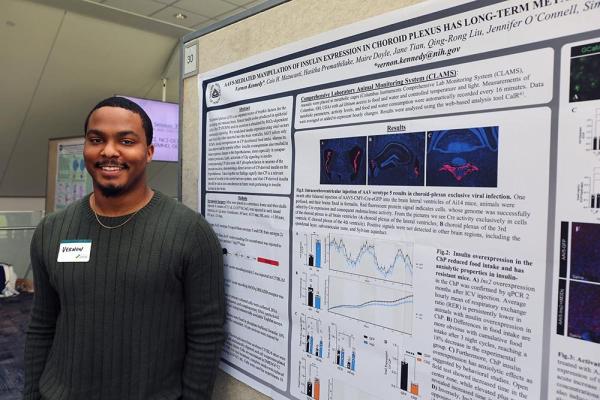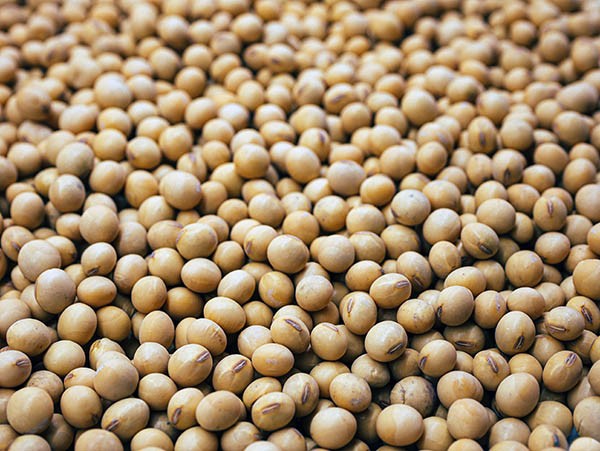Metabolic Inflexibility Drives Increased Appetite
IRP Research Could Aid Personalized Weight Loss Recommendations
We all know the stereotype of the picky child who shuns vegetables unless they’re smothered in ranch dressing or cheese. Surprisingly, the human body can also be similarly choosy about how it fuels itself. New IRP research shows that people whose bodies prefer to raid their sugar depots rather than use stored fat during a period without food consume more calories after their fast, suggesting a possible explanation for why some people are more prone to gaining weight over time or have less success with certain weight loss interventions.










